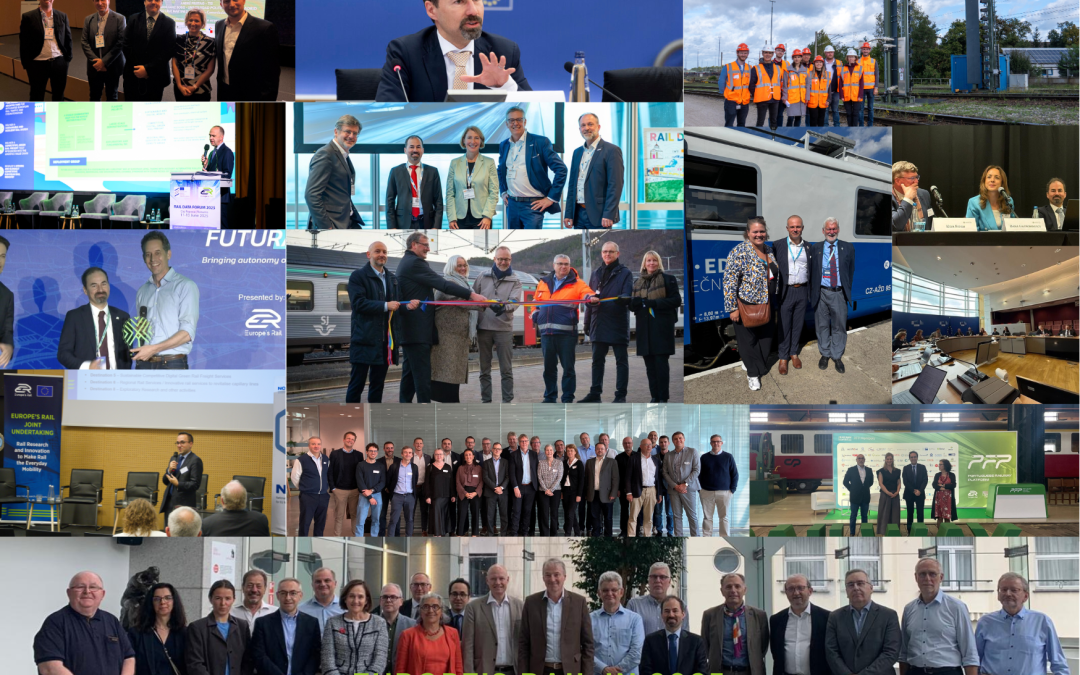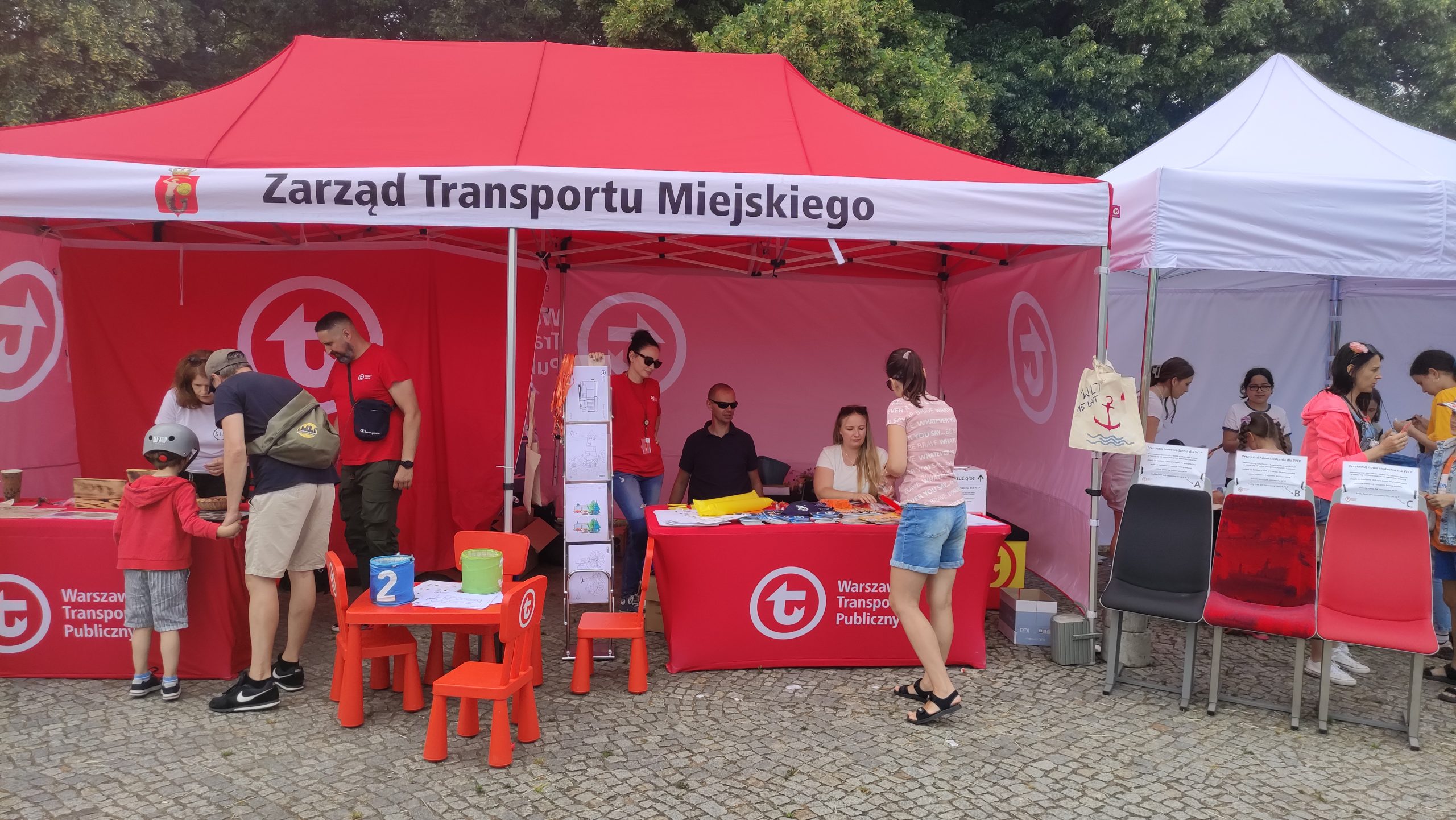2025 saw Europe’s Rail (EU-Rail) make significant progress across multiple initiatives, fostering partnerships and...

With most Shift2Rail projects coming to a close this year, major demonstration activities testing different technological solutions developed within the programme are taking place across Europe. Our Members and partners carry out trials in real-life environments involving a wide range of experts, including operators, infrastructure managers, research centres, suppliers and in some cases even the final users.
In the month of June, we look at the demo activities dedicated to fully dynamic door-to-door travel, with the primary focus on improving passenger experience and making rail a more attractive option for the customers.
As of March 2023, our IP4MaaS project has been testing with real passengers the Shift2Rail Innovation Programme 4 Travel Companion application that helps facilitate the development of more passenger-centric and seamless multimodal travel.
“The IP4MaaS project, co-funded by the Europe’s Rail Joint Undertaking, plays a pivotal role in fostering sustainable mobility by advancing the integration of transport service providers (TSPs) into Mobility as a Service (MaaS) solutions. By leveraging innovative technologies and seamless multimodal transport systems, piloted across the EU, IP4MaaS paves the way for a greener, more efficient, and user-centric future of transportation,” says Gorazd Marinic, Programme Manager, Europe’s Rail Joint Undertaking.
The Travel Companion App, part of the Shift2Rail Innovation Programme 4, offers travellers a full control of their journey, thanks to their own personal and secured ‘Travel Companion’. Though a wallet, the app will give access to all travel services needed for the journey, shopping and booking, and will allow storage of the rights to travel. At the same time, retailers and operators are able to identify and authorise the Travel Companion to access their own systems and networks.
Over the course of a year the project travelled across Europe and tested various functionalities, including:

Results from the demos are currently being assessed, and after analysis of user feedback, IP4MaaS will evaluate the impact of the developed IP4 solutions.
All these results will be summarised in a Project Brief, so stay tuned for the September edition of the Europe’s Rail newsletter.